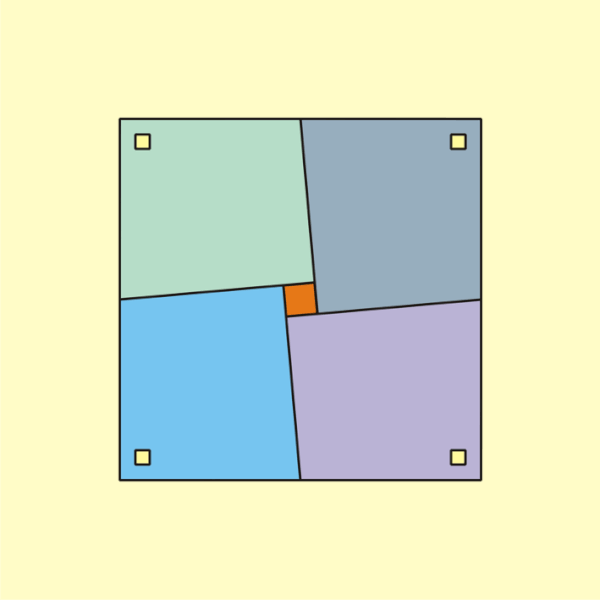I'm all tired out from my exams. Although I had to study for 3 months straight, I am filled with a sense of accomplishment and satisfaction. Not everyone could keep to the books throughout such a long period and then benefit from it. At least, I hope the results will be good! As much as I'd love to keep on talking about this, I have a post to do, so I'll get on with it.
What in fact is a paragraph? According to Wikipedia, my primary source of information in the Internet, a paradox is a statement or group of statements that leads to a contradiction or a situation which defies intuition. Yes, quite an adequate definition in my opinion. A paradox can be both right and wrong depending on how you look at it. A classic example is the Liar's paradox which involves the use of the statement: "This sentence is false". If this statement is considered true then it is also false. It does require a higher level of thinking, probably philosophical but the more I think about it the more it makes sense.
Focus however, has a much less deep view of paradoxes. Most of those described affect our daily lives. The most interesting one of all is Murphy's law: "Anything that can go wrong will go wrong". Haven't we all heard it's effects: if toast tumbles off a table, will it fall butter-side down? Although we can try to make an experiment out of this (not recommended during breakfast if you're hungry) the law itself cannot be proven. If the process of proving the law can go wrong then it will go wrong meaning we can never assume that it is either wrong or right. I still cannot believe that I'm able to think so philosophically. Amazing really...
Some other paradoxes are right in front of us even though we don't realize it. If for example a government builds more roads to ease traffic congestion, it will in fact increase it. As taxes increase, the less money a government receives. And most mysteriously of all less complex organisms such as the amoeba have 100 times the DNA that we humans possess!
All these and many more intricate paradoxes await us in the 21st century. As the human race grows and develops we can expect many more unanswerable questions and doubts lying in wait. Times are changing. Technology is evolving faster than ever before in human history. It is only natural that some things remain in the shadows waiting for the right moment to be discovered.
http://www.bbcfocusmagazine.com
Robert Matthews




0 comments:
Post a Comment